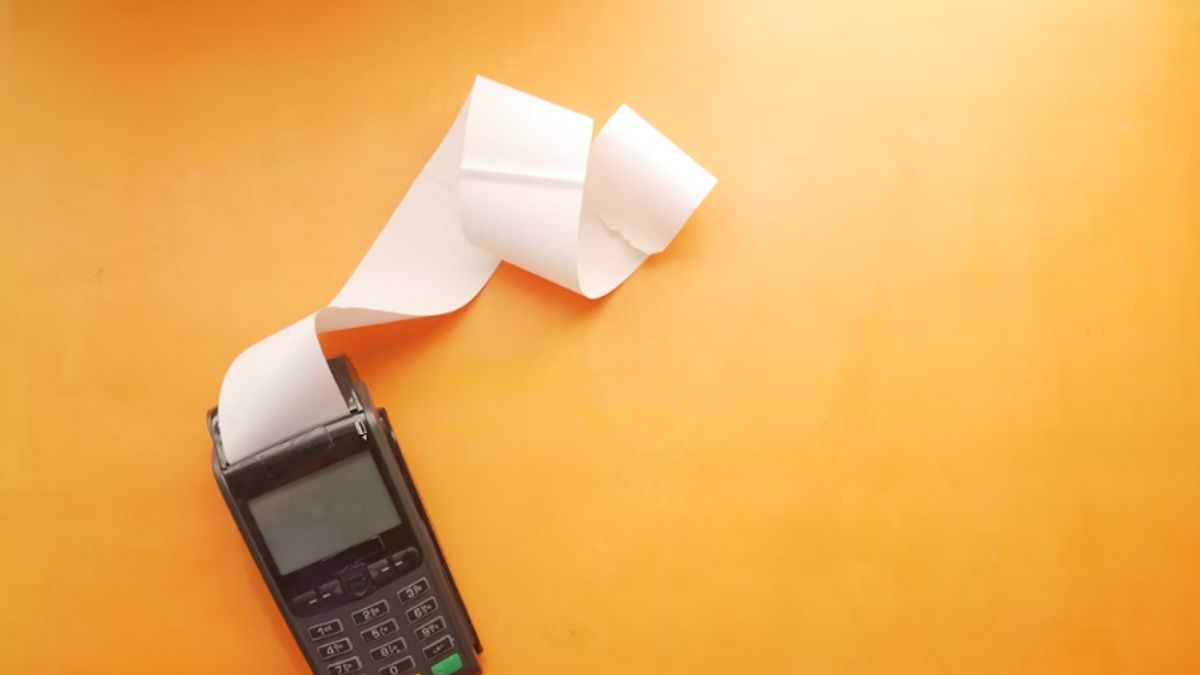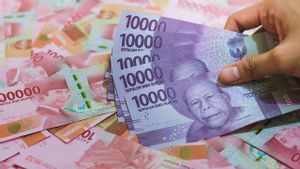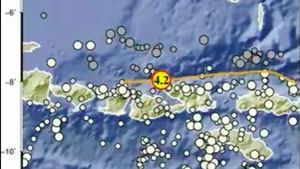YOGYAKARTA Not all financial instruments can be used as a means of conducting trade transactions between countries. Each country has binding rules regarding payment systems and any international payment tools that can be used to buy goods in the trading system, either between individuals or involving companies.
Understanding international payment instruments is an instrument used in trade transactions involving two countries or more. The purpose of holding this global payment instrument is to facilitate business people in trading activities.
In addition to making it easier, the existence of international trade payment tools also aims to eliminate the difficulties that occur in trade transactions caused by differences in currency, government regulations, and other factors.
There are at least nine international payment tools that are safe and can be used in various countries, namely as follows, quoted from various sources.
1. Cash
The most acceptable means of payment are cash or cash. Although the use of cash is considered to have certain limitations, for example related to security, government regulations that regulate the amount of cash that can be brought, and so on.
However, the use of cash for small trade transactions is still a mainstay. Of course, the cash used must have been converted in advance according to the location of the transaction. For example, tourists from Indonesia on vacation in Thailand want to buy souvenirs. So that cash can be used, tourists must exchange or convert Rupiah into Baht.
2. Good Gold Metal
Apart from cash, gold precious metals can also be a means of international payment. The use of gold as a means of payment is rarely done, but in some cases gold can be used as a means of trading transactions.
In fact, various countries are storing gold reserves as foreign exchange reserves. This is done because gold is still used as a stable asset and is recognized by all countries. Gold reserves can also be used as a monetary and economic guarantee for a country.
3. Check
Check is one of the payment tools that can be used in trading transactions. Checks are issued by the bank account owner as a form of instructions to the bank to disburse a sum of money as written in the check to the recipient or check carrier.
4. Letter of Credit (L/C)
According to the Regulation of the Minister of Trade of the Republic of Indonesia Number 94 of 2018 concerning Provisions for Use of Letter Of Credit for Export of Certain Goods, Letter of Credit is a credit or notification issued by a foreign exchange bank (bank opening/bank issuing) based on importer requests that become customers and are addressed to exporters as beneficiaries through their bank correspondent (bank attachment) abroad.
The issuance of letter of credit itself is issued according to certain conditions and can be used as collateral for international payment instruments to sellers of goods and services.
5. Personal compensation
Personal compensation is a payment method used in the exchange of goods and services without payment instruments according to the agreement. This compensation is carried out by two parties from different countries. Personal compensation can also be called international barter.
6. Wesel
Wesel is issued by financial institutions on the basis of payment requests. In South Indonesia it contains instructions to make payments to certain recipients. The wesel payment instrument can be used for international trade transactions.
7. Online Transfer
Another international payment tool that can be used is online transfers. This tool is included in the list of non-cash payment tools. The way it works is to move funds from one account to another through a banking network. This method can be done quickly, efficiently, easily and safely.
8. Consumption
The consistency in the context of international payments is a way of paying when the seller sends the payment to the buyer but does not ask for direct payment, but is made when the item is sold or when the buyer has the funds.
SEE ALSO:
9. Payments Then
The payment system can then also be used in international trade. Payments are made after goods or services have been received by buyers, then buyers make payments according to the time agreed with the previous provider of goods or services.
In addition to international payment instruments, visit VOI.ID to get other interesting information.
The English, Chinese, Japanese, Arabic, and French versions are automatically generated by the AI. So there may still be inaccuracies in translating, please always see Indonesian as our main language. (system supported by DigitalSiber.id)














